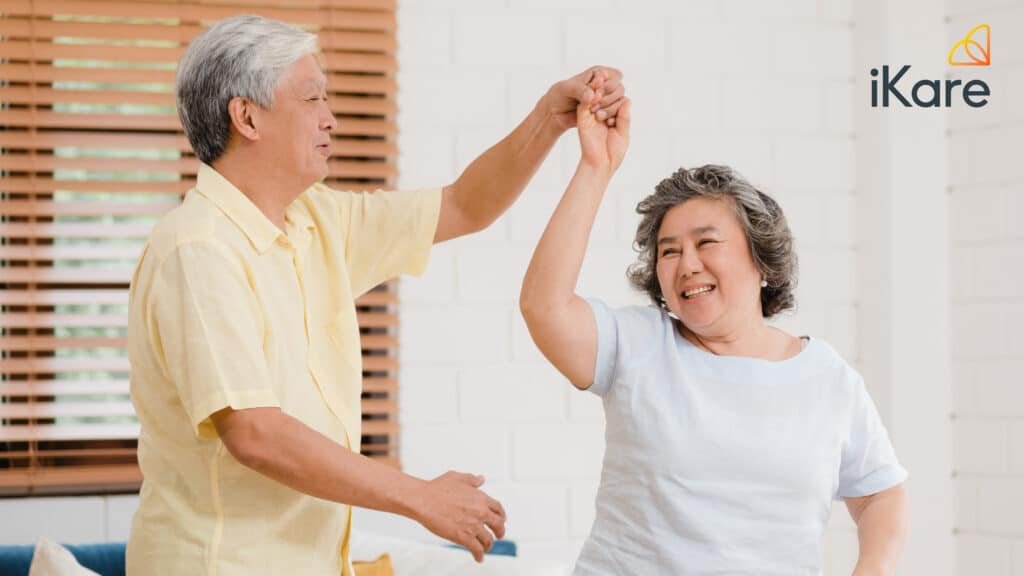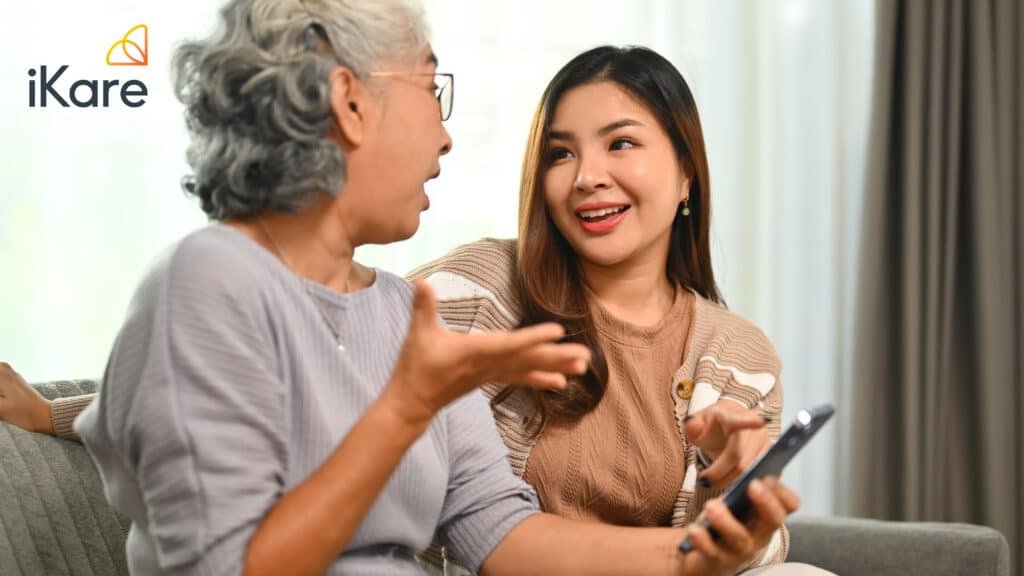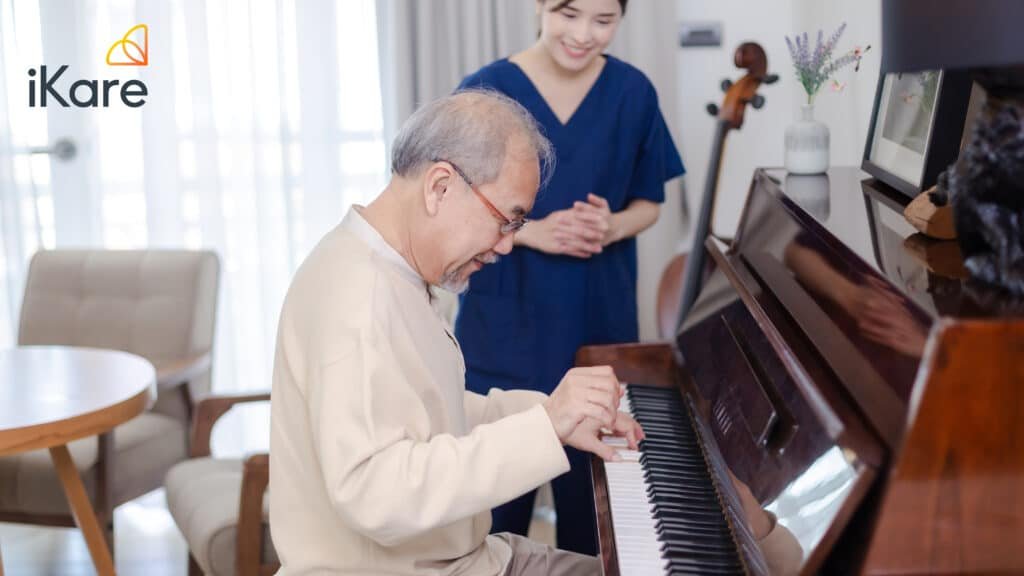
Dementia is a term that encompasses a range of conditions characterised by cognitive decline, affecting memory, thinking, and social abilities. This progressive disease can significantly impact a person’s daily life and overall wellbeing. However, engaging in activities such as dance can help improve the quality of life for seniors with dementia. This article explores the benefits of dance for dementia care and provides tips for finding appropriate dance classes.
Benefits of Dance for Seniors with Dementia
- Improved Physical Fitness
Dance is an enjoyable way to enhance physical fitness, particularly for seniors. It helps improve balance, coordination, and flexibility, which are crucial for reducing the risk of falls and injuries. Regular dance activities can also enhance cardiovascular health and overall physical endurance. - Boosted Cognitive Function
Engaging in dance stimulates the brain and can improve cognitive functions. The rhythmic patterns and coordination required in dance can help activate neural pathways, potentially slowing the progression of dementia. Studies have shown that dance can enhance memory recall and executive function in seniors. - Enhanced Mood
Dance is a powerful mood enhancer. It helps reduce stress, anxiety, and depression by promoting the release of endorphins and serotonin. The joy of moving to music and the sense of accomplishment from learning dance steps can significantly improve emotional wellbeing. - Social Interaction
Participating in dance classes provides valuable social interaction for seniors with dementia. It helps combat feelings of isolation and loneliness by fostering a sense of community and belonging. Social engagement through dance can lead to improved mental health and emotional support.

Finding the Right Dance Class for Seniors with Dementia
- Specialised Classes
Look for dance classes specifically designed for seniors with dementia. These classes are usually slower-paced and easier to follow, ensuring that participants can engage comfortably and safely. - Qualified Instructors
Ensure the class is taught by a qualified instructor experienced in working with seniors, particularly those with dementia. A knowledgeable instructor can adapt the class to meet individual needs and provide appropriate support. - Class Size
Smaller class sizes allow for more individualised attention and support, making it easier for seniors with dementia to follow along and benefit from the activity. - Trial Visits
Before enrolling, visit the class with the senior to ensure it is a good fit. Observing the class atmosphere and the instructor’s approach can help determine if the environment is suitable and welcoming.

Complementary Activities for Seniors with Dementia
In addition to dance, several other activities can benefit seniors with dementia:
- Music Therapy: Engaging with music can improve mood, reduce agitation, and stimulate cognitive function.
- Art Therapy: Creative activities such as painting or drawing can provide a sense of accomplishment and enhance emotional expression.
- Pet Therapy: Interaction with animals can reduce stress and provide companionship.
- Exercise: Regular physical activity, such as walking or swimming, helps maintain physical health and can improve cognitive function.
- Socialisation: Participating in group activities and social events can improve emotional wellbeing and reduce feelings of isolation.
Conclusion
Dance offers a multifaceted approach to improving the quality of life for seniors with dementia. By enhancing physical fitness, boosting cognitive function, elevating mood, and fostering social interaction, dance can be a vital component of dementia care. If you are considering dance for a senior with dementia, ensure you find a suitable class that meets their abilities and provides a supportive environment. Additionally, exploring complementary activities such as music therapy, art therapy, and socialisation can further enhance their overall wellbeing.
Looking for a comprehensive senior wellness programme? iKare’s SPARK programme offers a range of activities designed to boost physical, cognitive, and psychosocial health. Learn more about the SPARK programme here.

